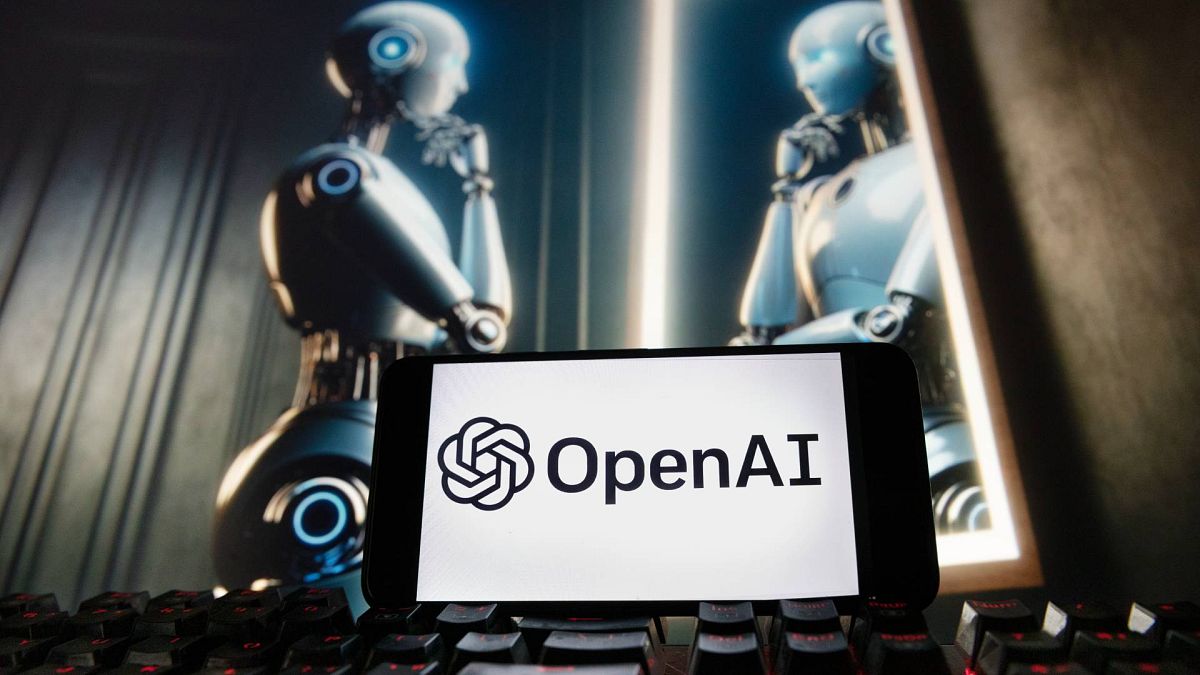OpenAI, the company behind the AI chatbot ChatGPT, recently revealed that they rejected over 250,000 requests to generate images of US election candidates using their platform DALL-E. The requests included images of president-elect Donald Trump, his choice for vice president JD Vance, current president Joe Biden, democratic candidate Kamala Harris, and her vice-presidential pick, Tim Walz. These refusals were a part of the safety measures that OpenAI implemented before election day to prevent their tools from being used for deceptive or harmful purposes.
The company stated that they have not seen any evidence of US election-related influence operations going viral by using their platforms. In August, OpenAI stopped an Iranian influence campaign called Storm-2035 from generating articles about US politics and posing as conservative and progressive news outlets. Accounts related to this campaign were subsequently banned from using OpenAI’s platforms. In October, OpenAI also disclosed that they disrupted more than 20 operations and deceptive networks from around the world using their platforms, with the US election-related operations not able to generate viral engagement.
These measures taken by OpenAI are crucial to prevent their technology from being misused for malicious purposes, especially in the context of elections. By rejecting requests for deepfakes of US election candidates, OpenAI is demonstrating their commitment to ethical and responsible AI development. This proactive approach to safeguarding their platforms highlights the importance of implementing strict guidelines and guardrails to prevent the spread of misinformation and deception.
As a leading provider of AI technology, OpenAI is setting a precedent for responsible AI usage in the political landscape. By actively monitoring and disrupting operations that seek to manipulate public opinion through their platforms, OpenAI is upholding their commitment to transparency and accountability. This proactive stance against potential misuse of AI showcases the company’s dedication to promoting ethical AI practices and maintaining the integrity of their technology.
In a rapidly evolving digital landscape where deepfakes and misinformation pose a significant threat to democracy, the actions taken by OpenAI serve as a vital safeguard against potential manipulation. By actively thwarting attempts to misuse their technology for political interference, OpenAI is contributing to the protection of democratic processes and the prevention of deceptive practices. This proactive approach not only ensures the credibility of their platforms but also reinforces the importance of ethical AI development in safeguarding democracy.
In conclusion, OpenAI’s decision to reject requests for deepfakes of US election candidates underscores their commitment to responsible AI usage and the preservation of democratic values. By implementing stringent safety measures and actively disrupting malicious operations, OpenAI is leading the way in promoting ethical AI practices in the political arena. As technology continues to advance, it is crucial for companies like OpenAI to prioritize transparency, accountability, and integrity in their efforts to combat misinformation and protect the integrity of democratic processes.











